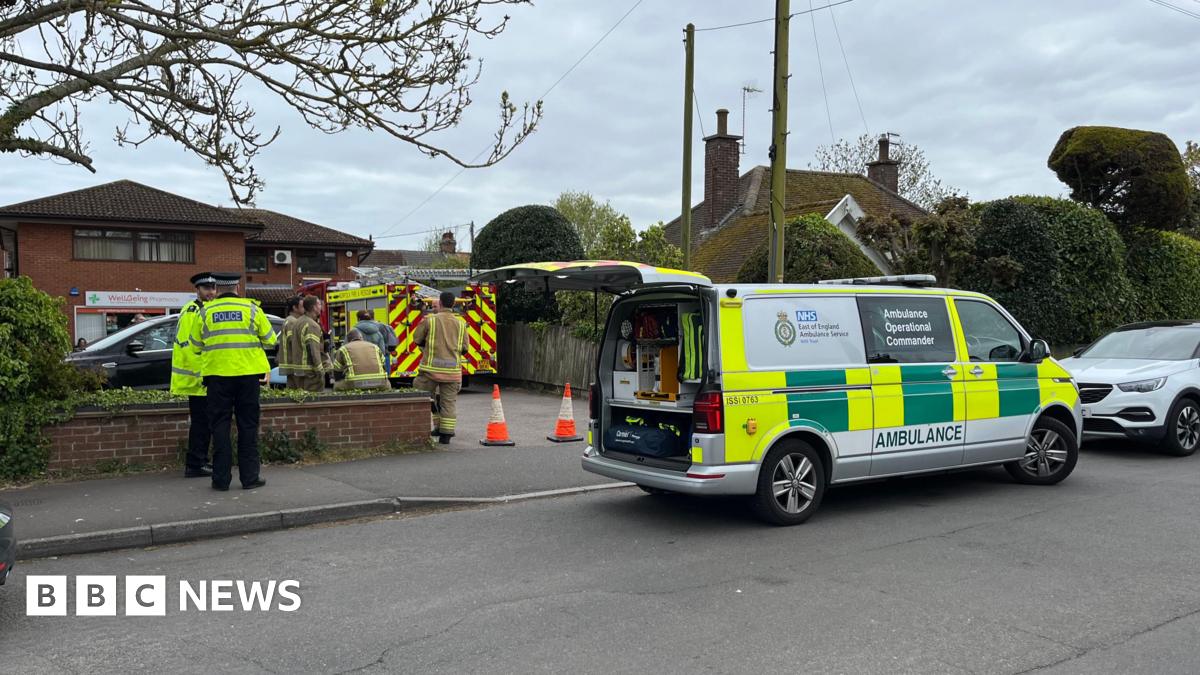Alarming Rise in Misinformation Threatens Aussie Kids' Health – Are We Losing Ground?

It's a worrying trend. As a healthcare professional, I've always relied on textbooks and established medical knowledge to guide my practice. But lately, I'm increasingly concerned that I'll be learning about preventable diseases from my patients, not from medical literature. The unsettling reality is that misinformation is spreading like wildfire online, and it's directly impacting the health of our children.
We're seeing a disturbing resurgence of diseases that were once considered largely eradicated thanks to vaccination programs. Measles, for instance, is making a comeback across the United States, and the potential for outbreaks here in Australia is very real. This isn't just about statistics; it’s about vulnerable children facing serious complications – and potentially life-threatening consequences – from illnesses we have the power to prevent.
The root of the problem lies in the ease with which false or misleading information can be shared online. Social media platforms, while offering incredible opportunities for connection and communication, have also become breeding grounds for anti-vaccination sentiment and other health myths. These narratives often prey on parental anxieties, exploiting a natural desire to protect children while simultaneously spreading fear and doubt.
It's crucial to understand that vaccines are one of the safest and most effective public health interventions ever developed. Rigorous scientific research and decades of data support their safety and efficacy. Yet, despite this overwhelming evidence, misinformation persists, fuelled by conspiracy theories and a distrust of medical professionals.
So, what can we do? Firstly, we need to equip ourselves with the tools to critically evaluate online information. Encourage children and adults alike to question the source, look for evidence-based information, and consult with trusted healthcare providers. Don’t share information without verifying its accuracy.
Secondly, healthcare professionals have a responsibility to actively engage in debunking misinformation and providing clear, accurate information to patients and the community. We need to be proactive in addressing concerns and building trust.
Thirdly, social media platforms need to take greater responsibility for the content shared on their platforms. While respecting freedom of speech, they must also implement measures to combat the spread of harmful misinformation, particularly when it relates to public health.
The fight against misinformation is a collective effort. It requires vigilance, critical thinking, and a commitment to evidence-based decision-making. The health of our children – and the future of our community – depends on it. Let's ensure that medical knowledge, not online rumours, guides our choices when it comes to protecting the health of the next generation. Don't let misinformation steal their health and future. Talk to your doctor today and ensure your children are protected with recommended vaccinations.






